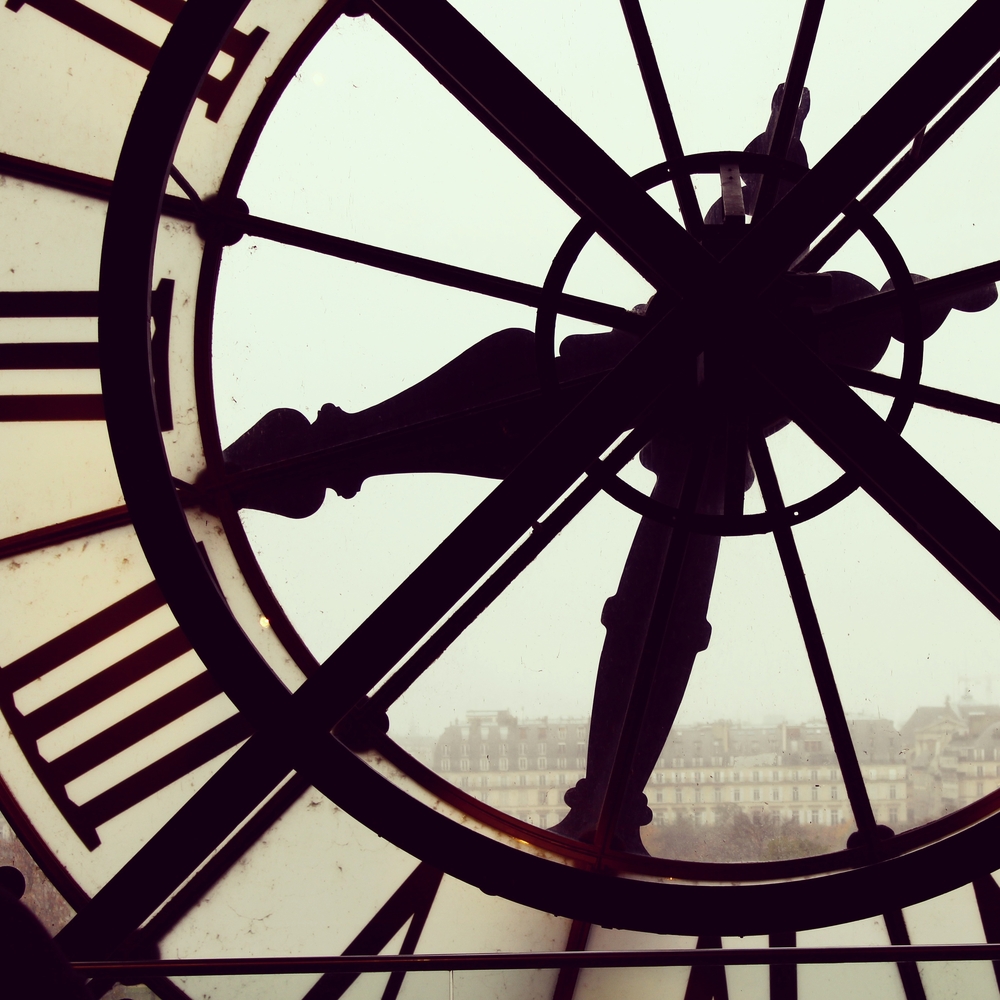by Ibn Qayyim al-Jawziyyah
Come! Let us enter the presence of Allah and draw closer to the Abode of Peace; without fatigue, exhaustion, or toil: but rather by the simplest and easiest of routes. This, by realising that you are in a moment of time between two moments, and that this is your life’s reality. For your life at the present moment lies between the past and the future. Whatever has passed may be rectified with repentance, remorse and seeking forgiveness; and this is something that entails neither fatigue, exhaustion, nor strenuous labour. Instead, it is an undertaking of the heart. The future can be set aright by refraining from sin. Your refraining from sin is simply your avoidance of it, and is thus a [form of] relief. It is not a bodily act which will physical exhaust or tire you. On the contrary, it is a firm resolve of the heart which accords relief and comfort to the body, heart and soul. Hence, what has passed can be rectified with repentance, and whatever is to come may be rectified by a determined resolve to refrain [from sin]: and neither of these involve any physical exhaustion or exertion.
But then your concern must be directed to your life in the present: your moment of time between two moments. If you squander it, you squander bliss and salvation. But if you safeguard it – along with rectifying the two times that come before and after it, as was discussed – you shall be saved and succeed and be granted relief, delight and eternal bliss. Guarding it, though, is much harder than rectifying what comes before or after it; for looking after it requires keeping yourself to what is preferable, more fitting and most significant for your soul’s ultimate happiness. In this respect, people differ profoundly.
Keep supporting MuslimMatters for the sake of Allah
Alhamdulillah, we're at over 850 supporters. Help us get to 900 supporters this month. All it takes is a small gift from a reader like you to keep us going, for just $2 / month.
The Prophet (SAW) has taught us the best of deeds are those that done consistently, even if they are small.
Click here to support MuslimMatters with a monthly donation of $2 per month. Set it and collect blessings from Allah (swt) for the khayr you're supporting without thinking about it.
By Allah, these are your precious days in which to amass provisions for your Afterlife: leading to either Paradise or to Hell. So whoever takes a path to their Lord will have attained to the ultimate happiness and the greatest bliss during this brief sojourn which bears no comparison whatsoever with the life everlasting.
If, though, you prefer vain desires, convenience, idle play and amusement, then this brief period will pass you by quickly and your ultimate end will be one of severe and eternal torment; the pain and anguish of which will be far harder and permanent than the difficulties involved in refraining from Allah’s prohibitions, or persevering in His obedience and opposing worldly whims.
From Al-Fawå’id (Riyadh: Maktabah al-Rushd, 2001), 151-2; trans. Surkheel Sharif



























sister
June 28, 2007 at 11:07 PM
Assalaam-u-Alaikum Wa-Rahmatullahi Wa-Rabakatuhu!
Subhanallah Jazakallah!
Bint Amina
June 28, 2007 at 11:10 PM
A beautiful reminder, mashaa’Allaah.
Perhaps it is a quote from another, as the book contains many mashaaAllah. For a section of the first paragraph was attributed to Shaykh Badrud-Deen Al-Ghazze elsewhere. Allaahu ‘alam, I may be mistaken.
Wa Salamu Alaikum Wa Rahmatullahi Wa Barakatu